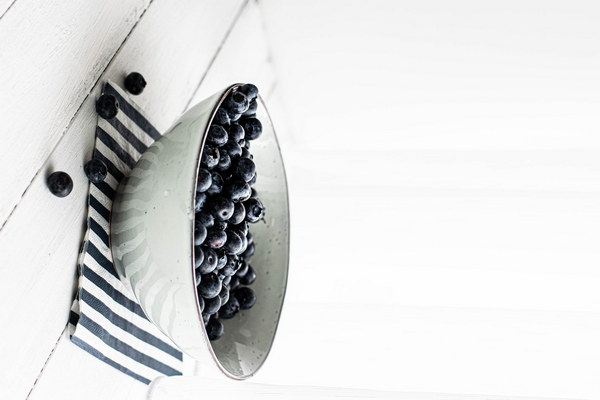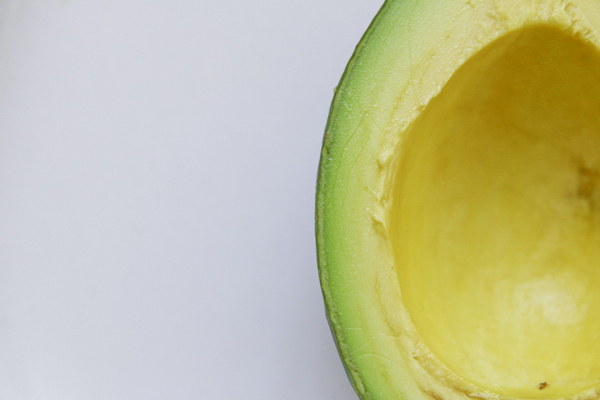The Essence of Qu Doctors Health Preservation Focusing on the Stomach and Spleen
In the realm of traditional Chinese medicine, the concept of health preservation is deeply rooted in the philosophy of balancing the body's internal systems. One such principle that stands out is the emphasis on nurturing the stomach and spleen, a concept that Dr. Qu, a renowned practitioner in the field, holds in high regard. This article delves into the significance of this principle and how it contributes to overall well-being.

The stomach and spleen, according to traditional Chinese medicine, play a pivotal role in the digestion and absorption of nutrients. They are considered the foundation of the body's energy, or Qi, and are crucial for maintaining a healthy immune system. Dr. Qu's approach to health preservation revolves around the idea that by focusing on these two organs, one can achieve a state of harmony and vitality.
The stomach, often referred to as the sea of water, is responsible for receiving and breaking down food. It is where the transformation of nutrients begins, converting them into essential substances that the body can utilize. The spleen, on the other hand, is known as the storage house of Qi and is responsible for transporting these nutrients throughout the body, ensuring that every cell receives the necessary energy to function optimally.
When the stomach and spleen are functioning properly, the body is better equipped to handle the stresses of daily life. However, when these organs are weakened or imbalanced, it can lead to a variety of health issues, including fatigue, digestion problems, and even chronic diseases.
Dr. Qu's approach to health preservation is centered around the concept of yin and yang, the ancient Chinese philosophy of balance. According to this principle, the stomach and spleen must be in harmony for the body to thrive. This balance can be achieved through various means, including diet, lifestyle, and herbal remedies.
One of the key aspects of Dr. Qu's philosophy is the importance of a balanced diet. He believes that certain foods can either nourish or harm the stomach and spleen. Foods that are rich in vitamins, minerals, and fiber are encouraged, while those that are spicy, greasy, or cold are discouraged. Dr. Qu emphasizes the consumption of warming foods, such as soups and stews, which can help to stimulate digestion and improve the function of the spleen.
In addition to diet, Dr. Qu also stresses the significance of lifestyle choices in maintaining a healthy stomach and spleen. Regular exercise, adequate sleep, and stress management are all crucial components of his approach. Exercise, in particular, can help to boost the body's Qi and improve overall circulation, which in turn supports the proper functioning of the stomach and spleen.
Herbal remedies also play a vital role in Dr. Qu's practice. He often recommends specific herbs that are known to strengthen the stomach and spleen, such as Astragalus, Codonopsis, and Licorice root. These herbs can help to address specific imbalances and promote a state of equilibrium within the body.
In conclusion, Dr. Qu's philosophy of health preservation, which centers on the nurturing of the stomach and spleen, offers a valuable perspective on achieving and maintaining well-being. By focusing on these two crucial organs, individuals can improve their digestion, increase their energy levels, and enhance their overall health. As Dr. Qu himself says, The health of the stomach and spleen is the key to a long and prosperous life.









